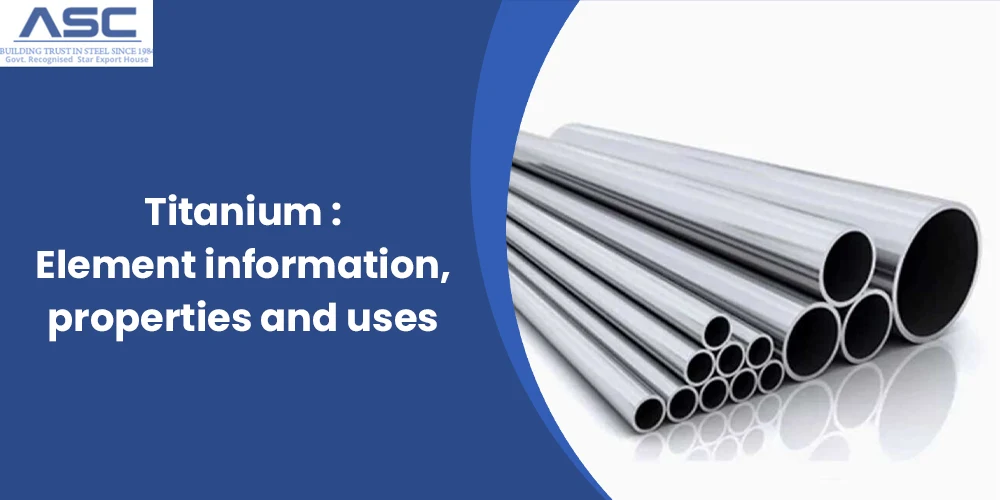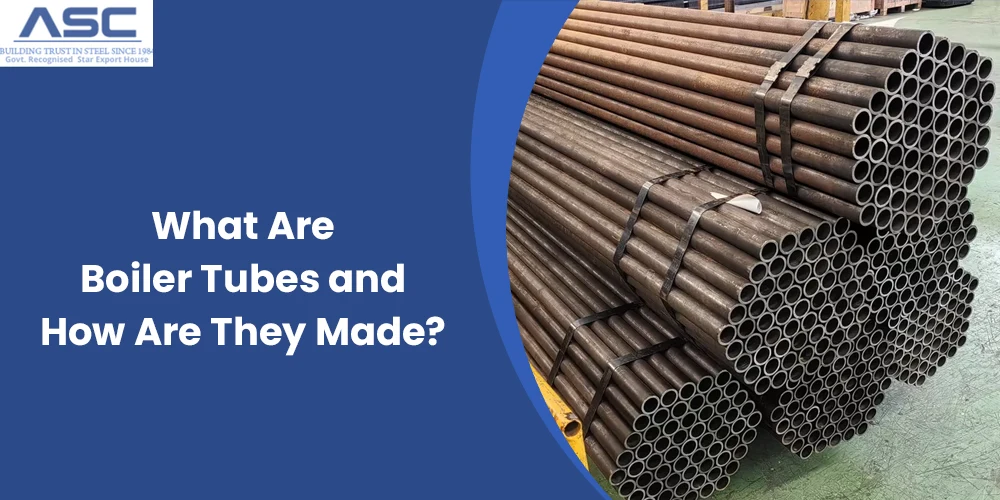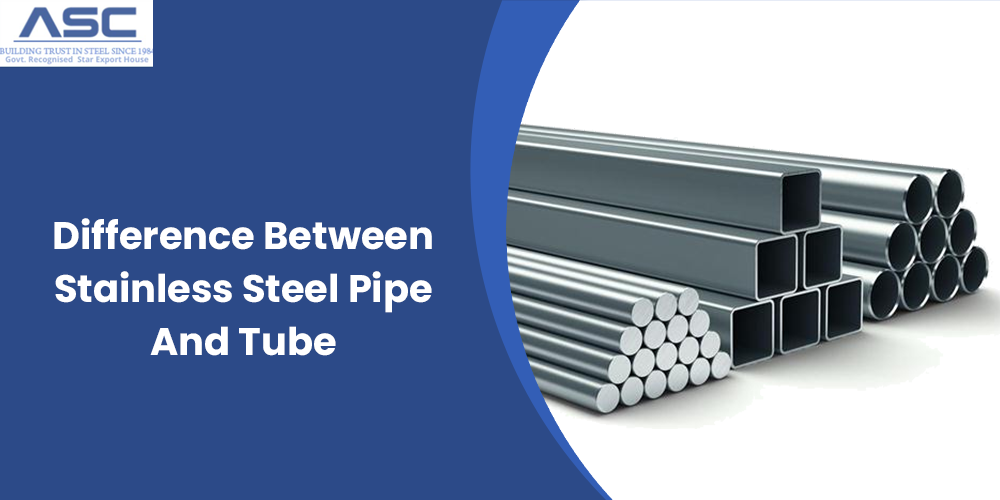Titanium - Element Information, Properties, and Uses
by AMC
Posted on January 24, 2025 at 05:01 PM

Titanium, symbolized as Ti on the periodic table, is a metal that has captivated scientists and industries alike due to its remarkable properties. With its combination of strength, lightness, and resistance to corrosion, titanium has become one of the most sought-after materials in a variety of fields, ranging from aerospace to medical devices. In this article, we will explore the element information, properties, and uses of titanium, giving you an in-depth look at why this versatile metal continues to be indispensable across multiple industries.
Introduction to Titanium
What is titanium? It is a transition metal found in the periodic table with the atomic number 22 and atomic mass of approximately 47.87 g/mol. It is located in the fourth period and belongs to the group of metals known as alkaline earth metals. Known for its strength-to-weight ratio, titanium is both lightweight and incredibly strong, making it a valuable resource for applications where these characteristics are crucial.
Titanium was first discovered in 1791 by the British chemist William Gregor, and later named after the Titans of Greek mythology. Over the years, it has found its way into numerous industries, thanks to its unique properties.
Properties of Titanium
The properties of titanium are what make it so highly valued in various applications. Some of the key characteristics of titanium include:
- Lightweight and Strong: One of titanium’s most well-known properties is its lightweight nature, which makes it an ideal material for industries where weight reduction is essential, such as aerospace and automotive engineering. Despite its lightness, titanium is incredibly strong, surpassing many metals in terms of tensile strength. This strength is combined with its ability to maintain its integrity under extreme conditions.
- Corrosion Resistance: Titanium is highly resistant to corrosion and can withstand exposure to a wide range of harsh environments, including seawater, chlorine, and acidic substances. This makes it ideal for use in marine applications, chemical plants, and medical devices where prolonged exposure to moisture and chemicals could degrade other materials.
- High Melting Point: Titanium has a relatively high melting point of approximately 1,668°C (3,034°F). This makes it highly suitable for high-temperature applications, such as in aerospace and military industries, where materials are subjected to extreme heat.
- Biocompatibility: Titanium’s biocompatibility is another key property, especially in the medical field. It is non-toxic and highly compatible with human tissues, making it ideal for implants and prosthetics. The material’s ability to integrate seamlessly with bone structures further enhances its value in medical devices.
- Ductility and Malleability: Despite being incredibly strong, titanium also exhibits ductility, meaning it can be shaped or stretched without breaking. This makes titanium easier to work with than other metals of similar strength, such as steel or tungsten.
Where Is Titanium Found?
Titanium is not as rare as some other precious metals, but it is still relatively uncommon in its pure form. It is typically found in minerals such as ilmenite (FeTiO₃) and rutile (TiO₂). These ores are abundant in various parts of the world, particularly in Australia, Canada, South Africa, and the United States.
To obtain titanium from its ores, a highly complex and energy-intensive process is required, involving the extraction of titanium dioxide and the subsequent reduction of the oxide to pure titanium metal.
Titanium Alloys
Titanium alloys are created by combining titanium with other elements, such as aluminum, vanadium, molybdenum, and iron, to enhance its properties for specific applications. These alloys can offer improved strength, ductility, corrosion resistance, and high-temperature stability, making titanium an even more versatile material.
Some of the most common titanium alloys include:
- Ti-6Al-4V : Composed of 6% aluminum and 4% vanadium, this alloy is widely used in the aerospace industry due to its strength and light weight.
- Ti-3Al-2.5V : This titanium alloy contains 3% aluminum and 2.5% vanadium and is known for its excellent formability and corrosion resistance.
What is Titanium Used For?
What is titanium used for? The uses of titanium are vast and varied, making it a critical material in a range of industries. Below are some of the most notable uses of titanium:
- Aerospace Industry: Titanium is widely used in the aerospace industry due to its combination of strength, lightweight, and heat resistance. Aircraft components, including engines, landing gear, and airframes, are often made from titanium alloys, as they help reduce overall aircraft weight without compromising on strength or performance.
Titanium alloys are used for jet engines, turbine blades, and compressor blades, where extreme temperatures and pressures are common. The metal’s ability to withstand high levels of heat and stress makes it invaluable for aerospace engineering. - Medical Devices and Implants: In the medical field, titanium is often used for implants and prosthetics due to its biocompatibility and ability to bond with bone tissue. Dental implants, hip replacements, and knee prostheses are commonly made from titanium, as it allows for long-lasting, safe interactions with human bodies.
The non-toxic nature of titanium, combined with its resistance to corrosion, makes it ideal for long-term medical use, minimizing the risk of infection or rejection. - Marine Applications: Titanium’s corrosion resistance makes it a top choice for marine and offshore industries. It is used in components like ship hulls, submarine parts, propellers, and heat exchangers that are frequently exposed to seawater.
Titanium’s resistance to seawater corrosion makes it an ideal material for the marine industry, helping extend the lifespan of equipment and reduce maintenance costs in harsh environments. - Automotive Industry: Titanium’s lightweight and high-strength properties make it an attractive choice in the automotive industry for components like engine parts, exhaust systems, and suspension systems. High-performance vehicles, such as those used in Formula 1 racing, often rely on titanium to reduce weight while maintaining strength and durability.
The material’s corrosion resistance also makes it an excellent choice for parts exposed to high temperatures and aggressive chemicals, like those found in exhaust systems. - Sports Equipment: Titanium is used to manufacture a wide range of sports equipment, such as golf clubs, tennis rackets, and bicycles. The lightweight and strong nature of titanium allows for the creation of durable and high-performance sporting goods. Many high-end bicycles and triathlon equipment use titanium frames for enhanced strength without compromising on weight.
- Jewelry: Because of its strength, light weight, and resistance to tarnishing, titanium is also a popular choice in the jewelry industry. Titanium rings and bracelets are highly durable, resistant to scratches, and can be shaped into various designs, making them ideal for those seeking long-lasting, low-maintenance jewelry.
Environmental Impact of Titanium Production
While titanium is a highly valuable material, its production process can be energy-intensive and environmentally challenging. Extracting titanium from ores requires a significant amount of energy and produces various emissions. However, ongoing research and development in sustainable manufacturing methods are helping reduce the environmental impact of titanium production.
Recycling titanium is also an essential step toward minimizing its environmental footprint. Given its durability and resistance to degradation, titanium can be recycled without losing its properties, contributing to the sustainability of the material.
Conclusion
In conclusion, titanium is a remarkable metal with unique properties that make it indispensable in a wide range of industries, from aerospace to medicine. Its combination of strength, lightweight, corrosion resistance, and biocompatibility has earned it a reputation as one of the most versatile and valuable metals in the world.
The demand for titanium is expected to continue growing as industries innovate and seek materials that can perform under extreme conditions. With its broad range of uses and exceptional qualities, titanium will undoubtedly remain a key material for engineering solutions for years to come.
If you're looking for high-quality titanium products, Amardeep Steel Centre offers a wide range of titanium alloys and materials to meet your needs. Contact us today for your titanium requirements!

What Are Boiler Tubes and How Are They Made?
Boiler tubes are an essential part of the operation of boilers, which are widely used in industries ranging from power generation to heating. These tubes play a vital role in the safe

